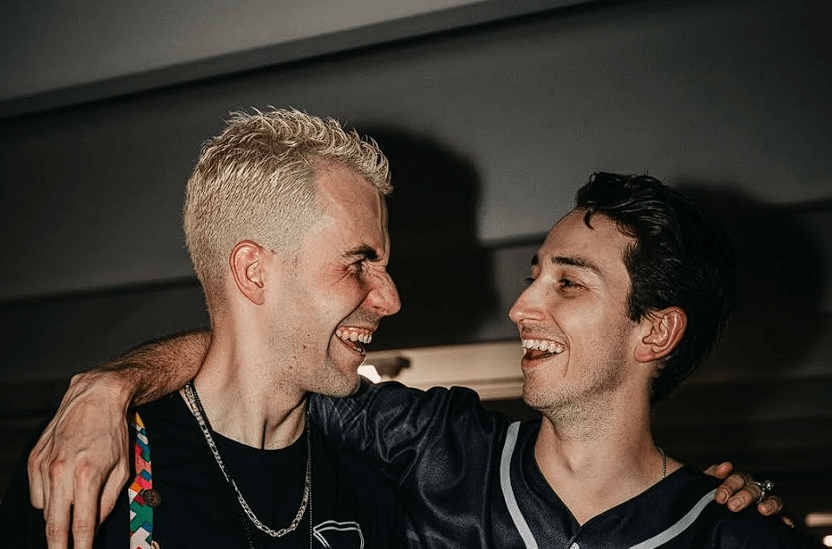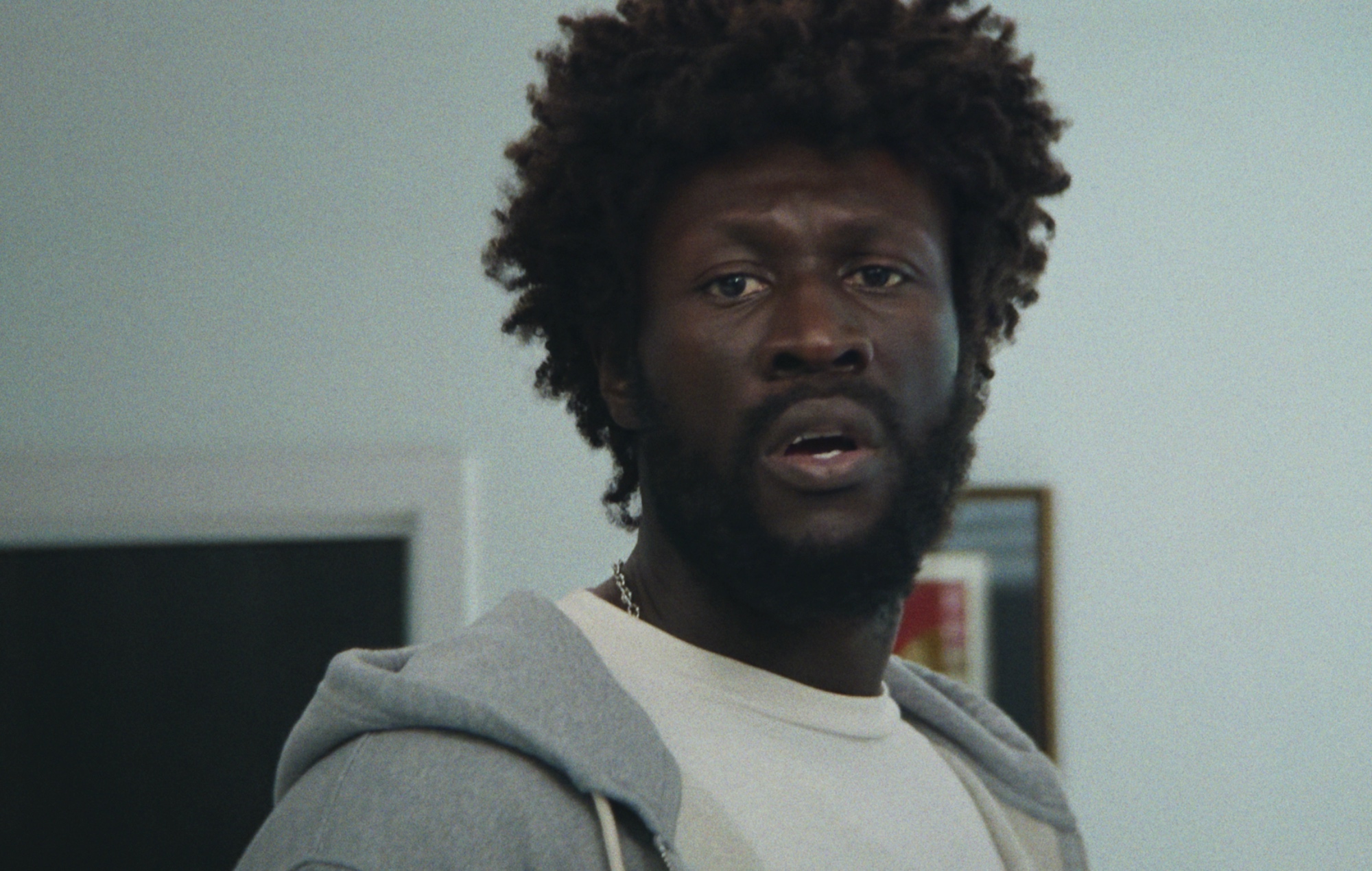
Three years ago, up and coming New York rapper Pop Smoke was killed during a home invasion in Hollywood Hills. Rumors circulated that accidentally showing his address on social media hours earlier led to his untimely demise.
One of the underaged invaders has just been sentenced to four years in a Youth Treatment Center.
LA Times reports:
Advertisement
A 20-year-old charged in the killing of Pop Smoke pleaded guilty in juvenile court Thursday, admitting he entered a Hollywood Hills mansion as a teenager in February 2020 intending to rob the rapper, who was shot to death in a struggle with his assailants.
The defendant pleaded guilty in an Inglewood courtroom to voluntary manslaughter and home invasion robbery; he was the first to admit guilt of four defendants charged in the death of Pop Smoke, whose real name was Bashar Barakah Jackson.
Judge J. Christopher Smith sentenced the defendant to four years and two months in the Secure Youth Treatment Facility but warned he could remain in juvenile custody until he was 25. The judge declined to apply the two years and eight months he has already spent in juvenile hall toward his sentence.
Three others are charged in Jackson’s death: two juvenile defendants, 15 and 17 at the time of the homicide, and Corey Walker, who was 19. A judge has issued a court order barring the media from identifying the juvenile defendants.
Deputy Dist. Atty. Hilary Williams told a judge at a hearing in August that the defendant who pleaded guilty Thursday was no minor participant in the crime: He scouted the mansion, helped Walker recruit three other juveniles to rob Jackson and, after entering the home, remained in “constant communication” with Walker, who waited in the getaway car.
From a wiretap on his phone, detectives learned he’d committed other robberies, Williams added.
Martin Lijtmaer, the attorney for the defendant who pleaded guilty Thursday, argued his client was intellectually disabled, sparking a years-long series of examinations and hearings over his competency to stand trial.
Jody Ward, a psychologist who examined the defendant on behalf of the prosecution, testified in August that he appeared to be faking the disability.
After he was arrested, the defendant showed a familiarity with the judicial process that belied his alleged disability, Ward testified. He planned with his cellmate — a plant for the police, who were secretly recording the conversation — how to glean information from detectives without giving anything up himself, Ward said.
“OJ was able to beat his case even though there was blood on his socks,” he told his cellmate, according to Ward. But if all else failed, “I still got that Regional Center s—,” he said, a reference to the facility where he’d been diagnosed as disabled.
After handing down the sentence, Smith addressed the defendant. “I don’t know how you and your friends even came to the idea to rob someone, someone whose life was taken unnecessarily.”
The judge noted the defendant will one day return to his family. “Mr. Jackson is not. His life is done because of what you and your friends did. You owe. You owe.”







